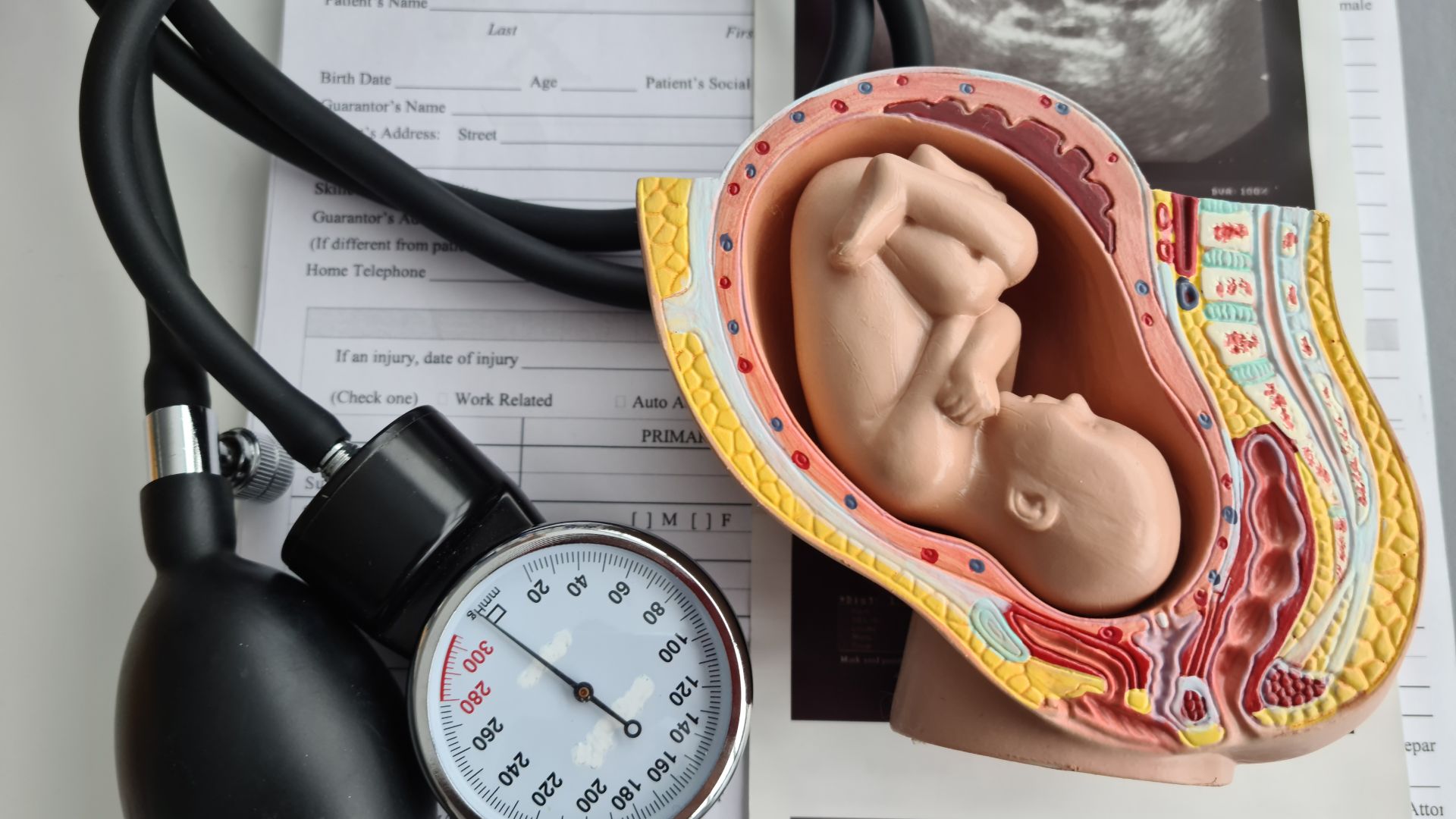As a doctor, I often encounter questions about the safety of abortion and its potential health effects. Given how sensitive and complex this topic is, it’s important to approach it with accurate medical facts and a non-judgmental perspective. So, let’s explore the risks and realities of abortion from a purely medical standpoint.
Is Abortion Safe?
The safety of an abortion largely depends on how and where it is performed. When conducted by a qualified healthcare provider in a legal, sterile, and regulated medical setting, abortion is generally safe and has minimal risks. In fact, medical research shows that abortion is statistically safer than childbirth in many cases.
However, risks can arise when abortions are performed in unsafe or unregulated environments or without proper medical supervision. These situations increase the chance of complications, including infections and excessive bleeding.
Potential Risks and Complications
Like any medical procedure, abortion—whether surgical or medication-induced—carries potential risks, but serious complications are rare. Here are some of the possible health concerns:
- Excessive Bleeding (Hemorrhage)
- Some women may experience heavier-than-usual bleeding, but severe hemorrhage is rare when the procedure is done by a professional.
- Infection
- If proper hygiene and sterilization protocols aren’t followed, there is a risk of infection. This can usually be prevented with antibiotics and proper post-procedure care.
- Incomplete Abortion
- In some cases, tissue from the pregnancy may remain in the uterus, requiring additional medical intervention to prevent complications.
- Emotional and Psychological Impact
- While most women do not experience long-term emotional distress, some may feel guilt, sadness, or relief. Psychological reactions vary from person to person.
- Future Fertility Concerns
- A properly performed abortion does not affect future fertility. However, complications from unsafe abortions can lead to issues like uterine scarring or infections that may impact reproductive health.
Medication Abortion vs. Surgical Abortion
There are two primary types of abortion procedures:
- Medication Abortion (Abortion Pills): Involves taking prescribed medication (usually mifepristone and misoprostol) to induce abortion. This method is safe and effective within the first 10 weeks of pregnancy.
- Surgical Abortion: A minor medical procedure (such as aspiration or dilation and curettage) performed in a clinic or hospital setting. It is quick and has a low risk of complications when performed by trained professionals.
The Importance of Seeking Medical Guidance
If someone is considering an abortion, it is crucial to seek professional medical advice. Consulting a qualified doctor or healthcare provider ensures: ✔️ Safe and legal access to abortion services.
✔️ Proper guidance on the most suitable method based on individual health factors.
✔️ Emotional and mental health support if needed.
✔️ Post-abortion care and follow-up to monitor recovery.
Final Thoughts
Abortion is a safe medical procedure when performed under proper conditions. The most significant risks arise when it is done in unsafe environments without professional medical supervision. If you or someone you know is facing this decision, seeking trusted medical advice is the best step toward ensuring safety and well-being.
If you have questions or experiences to share, feel free to discuss them in the comments below.



